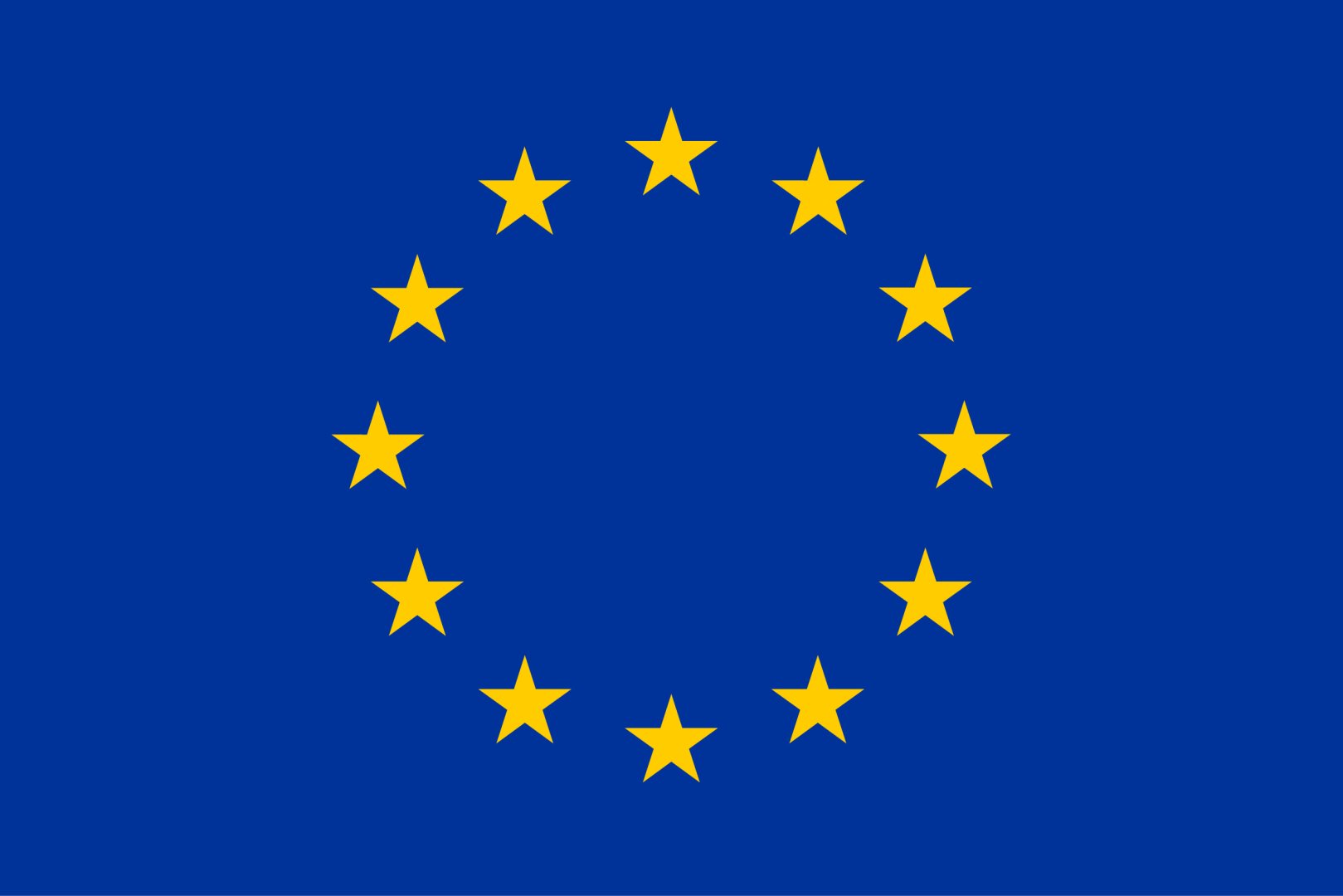BAKU, Azerbaijan, August 11. Many international initiatives are falling by the wayside in light of the swift geopolitical shifts unfolding in the South Caucasus region. One such initiative is the European Union Monitoring Mission in Armenia (EUMA), which is a feather in the cap for international cooperation. Initially set up with its own interests at heart, this establishment has lost its usefulness in the area, and its present actions have turned into a stumbling block for the peace process and a wrench in the works of international law.
In the initial quarter of 2023, the European Union (EU) operationalized a civilian oversight initiative in the Republic of Armenia. Per the sanctioned narrative, the objective of the operation was to facilitate equilibrium along the Armenian-Azerbaijani frontier and assist in mitigating hostilities. In actuality, this initiative was spearheaded by French President Emmanuel Macron, with the primary objectives rooted in geopolitical strategy. The objective was to enhance the geopolitical and military footprint of the EU and France in the area, strategically engineer friction in Azerbaijani-Armenian dynamics, and necessitate the imposition of Western facilitation.
To put it another way, the mission’s activities, dressed up as a “contribution to peace,” were really just a mixed bag picked by the West—specifically, by France—to chase its own tail in the region.
However, the EUMA fell flat and didn't hit the nail on the head. There are a handful of crucial factors at play here:
The emergence of a peace agenda between the two sides. Since 2024, direct dialogue between Azerbaijan and Armenia has intensified. Preliminary agreements on border delimitation have been reached, and measures to build mutual trust have been strengthened. These processes have shown that the foundation for regional peace must be built on sovereign decisions made by the two countries instead of external mediators;
The EU mission displayed a one-sided position. The monitoring mission showed bias in its operations. Armenia’s armament, anti-Azerbaijani resolutions in the European Parliament, and provocative statements from French officials called the mission’s neutrality into question. This situation seriously damaged the mission’s legitimacy;
The EUMA was, in a nutshell, a brainchild of Emmanuel Macron's
political ambitions. Even though the French president waved the
flag of “Christian solidarity” in defense of Armenia, his policy
seemed like a house of cards—imbalanced and lacking any real
sincerity.
As a result, France found itself in hot water, losing the trust not
only of Azerbaijan but also of other regional powers, and was left
out in the cold from the mediation process. Macron’s policy in the
South Caucasus fell flat on its face, missing the mark both
diplomatically and strategically.
The lay of the land in the region makes it clear that the EU mission has turned into a mere feather in the cap. With the dust settling on direct talks between Azerbaijan and Armenia, as they hash out border disputes, open up communication channels, and build bridges of trust, the mission’s efforts have become as useful as a screen door on a submarine.
Consequently, the operational mandate ought to be
terminated.
The EUMA has once again demonstrated that external meddling, rather
than fostering equilibrium in the region, merely amplifies
pre-existing frictions. In the context of the evolving geopolitical
dynamics between Azerbaijan and Armenia, this mission has
ostensibly diminished its operational relevance.
In the current geopolitical landscape, the trajectory towards
sustainable peace is increasingly pivoting away from traditional
power centers such as Brussels, Paris, and Washington, and is
instead converging on the strategic nexus of Baku and Yerevan. For
global entities to genuinely facilitate this endeavor, it is
imperative that they eschew unilateral mechanisms and
self-interested strategies. The European Union initiative, which
stands in stark opposition to this paradigm, ought to be disbanded,
and any extrinsic meddling in the regional peace framework must be
unequivocally terminated.







